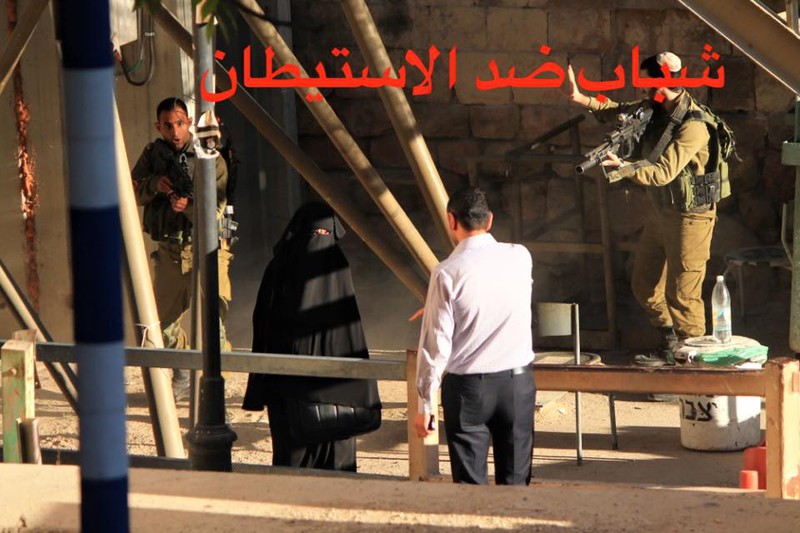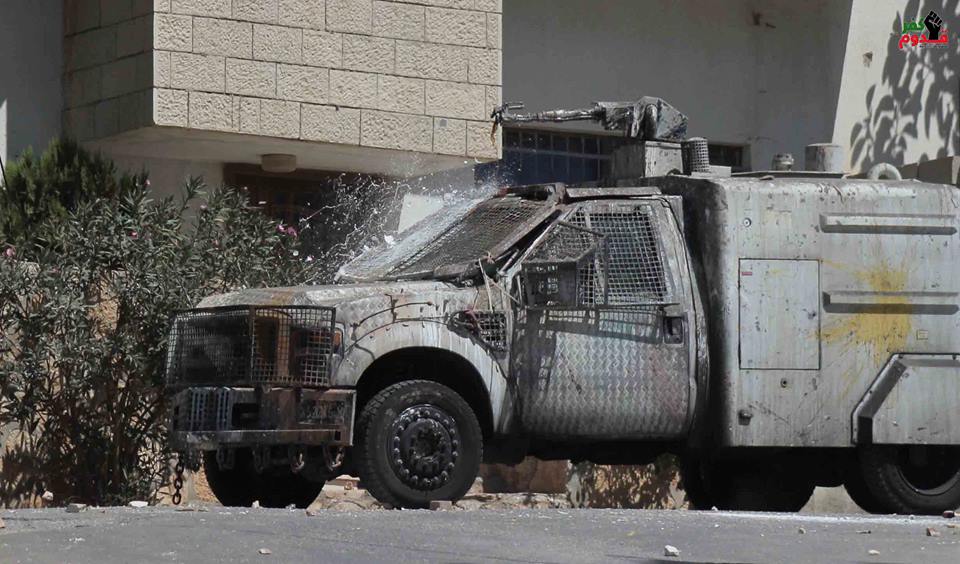Tag: Live Ammunition
-
Israeli Forces Murder Female Student at Shuhada Street Checkpoint: “They could have arrested her so easily but they didn´t.”
22nd September 2015 | International Solidarity Movement, Al-Khalil team | Hebron, occupied Palestine A Witness Recounts the Final Moments of 18-year-old Hadil Salah Hashlamoun’s Life. This morning in the Tel Rumeida section of al-Khalil (Hebron) the sound of multiple rounds of live ammunition screamed out from the Shuhada Street checkpoint 56. Standing at the checkpoint…
-
Israeli forces violently attack demontrants in Kafr Qaddum
18th September 2015 | International Solidarity Movement, Al-Khalil Team | Kafr Qaddum, Occupied Palestine Today in Kafr Qaddum, a village close to Nablus, Israeli forces injured almost 100 people. Israeli forces attacked the village at around 11 am and invaded a family home. Upon breaking into the house Israeli forces attacked the whole family with…
-
Israeli forces use live ammunition, tear gas, on residents of Nabi Saleh during clashes
17th July 2015 | International Solidarity Movement, Nablus Team | Nabi Saleh, Occupied Palestine Of the two main entrances to the village of Nabi Saleh, one of them – which connects to the villages of Kufr Ayn, Karawa and the town of Salfit – has been permanently closed by the Israeli army since 2001. Last week, on the…



